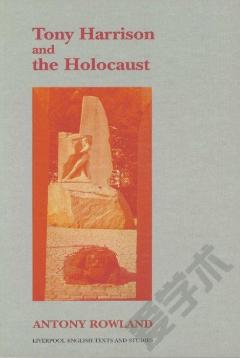George Pitt-Rivers and the Nazis
George Pitt-Rivers began his career as one of Britain's most promising young anthropologists, conducting research in the South Pacific and publishing articles in the country's leading academic journals. With a museum in Oxford bearing his family name, Pitt-Rivers appeared to be on track for a sterling academic career that might even have matched that of his grandfather, one of the most prominent archaeologists of his day.By the early 1930s, however, Pitt-Rivers had turned from his academic work to politics. Writing a series of books attacking international communism and praising the ideas of Benito Mussolini and Adolf Hitler, Pitt-Rivers fell into the circles of the anti-Semitic far right. In 1937 he attended the Nuremberg Rally and personally met Adolf Hitler and other leading Nazis. With the outbreak of war in 1940 Pitt-Rivers was arrested and interned by the British government on the suspicion that he might harm the war effort by publicly sharing his views, effectively ending his academic career.This book traces the remarkable career of a man who might have been remembered as one of Britain's leading 20th century anthropologists but instead became involved in a far-right milieu that would result in his professional ruin and the relegation of most of his research to margins of scientific history. At the same time, his wider legacy would persist far beyond the academic sphere and can be found to the present day.
{{comment.content}}








 京公网安备 11010802027623号
京公网安备 11010802027623号